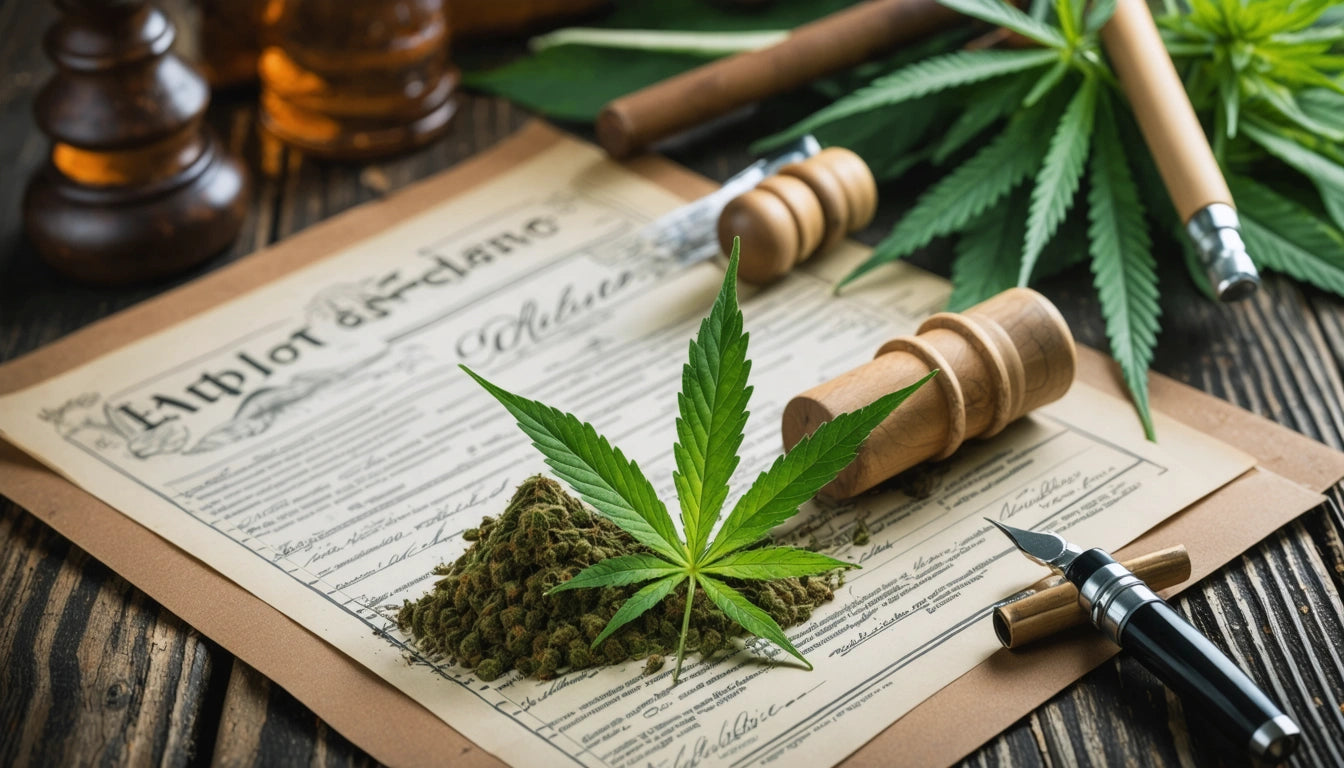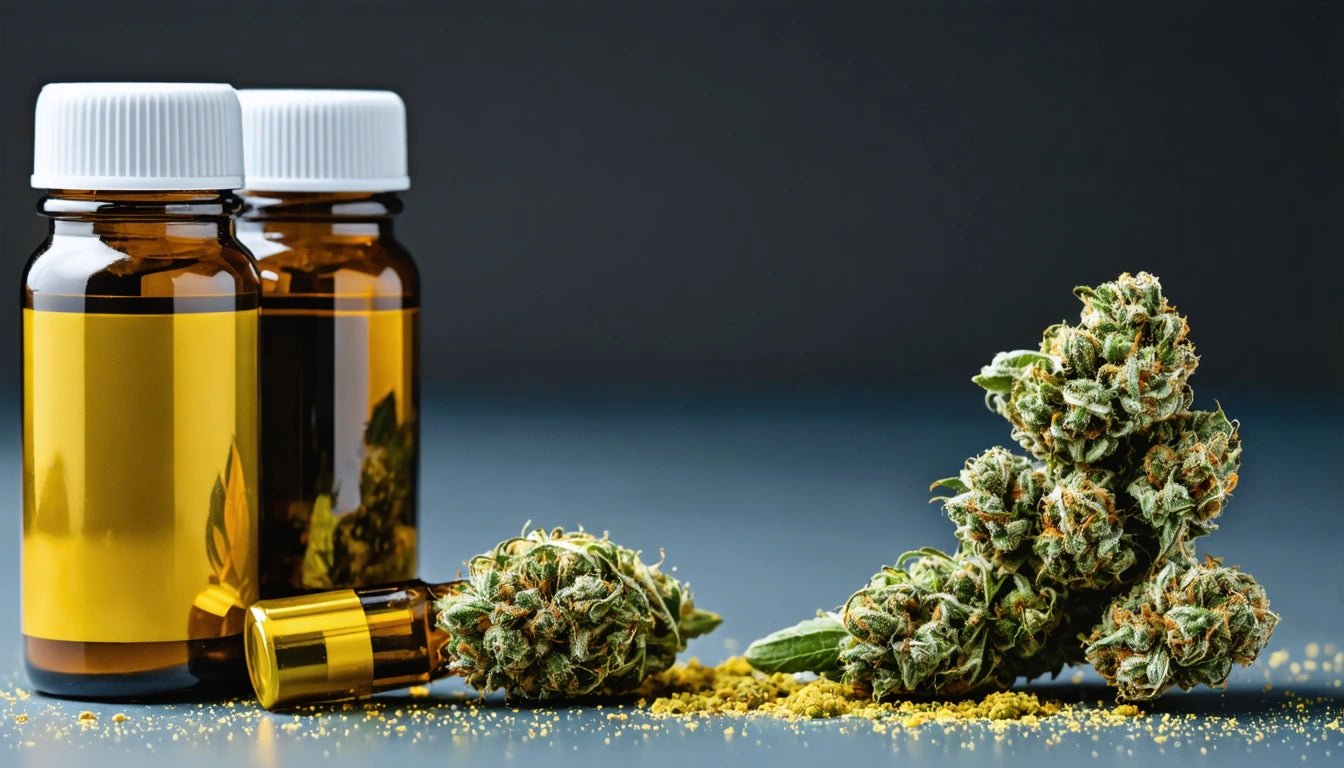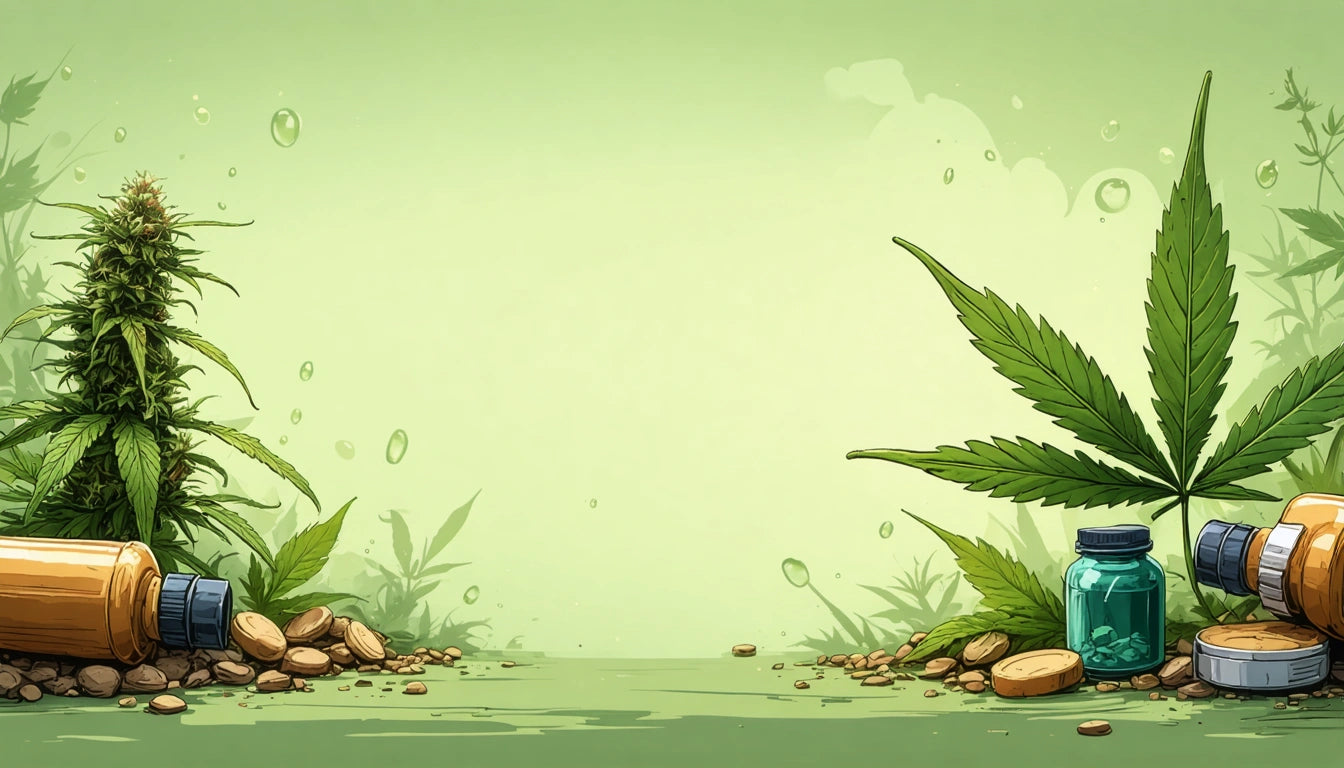Table of Contents
- Recreational Cannabis States: Where THC is Fully Legal
- Medical-Only States: Limited THC Access
- CBD-Only States: Where Traditional THC Remains Prohibited
- Alternative Cannabinoids: Delta-8, THCA, and Other Legal Options
- State-Specific Regulations: Florida and Texas Focus
- THC Product Variations and Their Legal Status
- Navigating the Changing Landscape of THC Legality
Comprehensive Guide to THC Legality in the United States
The legal status of THC across the United States presents a complex patchwork of regulations that varies dramatically from state to state. As cannabis laws continue to evolve, understanding where THC is legal and under what conditions has become increasingly important for consumers, businesses, and policymakers alike. This guide breaks down the current landscape of THC legality across all 50 states.
Recreational Cannabis States: Where THC is Fully Legal
As of 2023, the following states have legalized recreational cannabis, permitting adults 21 and over to purchase and possess THC products:
- Alaska
- Arizona
- California
- Colorado
- Connecticut
- Illinois
- Maine
- Maryland
- Massachusetts
- Michigan
- Minnesota
- Missouri
- Montana
- Nevada
- New Jersey
- New Mexico
- New York
- Ohio
- Oregon
- Rhode Island
- Vermont
- Virginia
- Washington
In these states, adults can legally purchase cannabis products from licensed dispensaries. However, possession limits, public consumption rules, and home cultivation permissions vary significantly. For a detailed breakdown of the legal status by state, you can refer to our comprehensive state legality guide.
Medical-Only States: Limited THC Access
Several states permit THC only for qualifying medical conditions. Patients must typically obtain a physician's recommendation and register with the state's medical cannabis program. Medical-only states include:
- Alabama
- Arkansas
- Delaware
- Florida
- Hawaii
- Louisiana
- Mississippi
- New Hampshire
- North Dakota
- Ohio (transitioning to recreational)
- Oklahoma
- Pennsylvania
- South Dakota
- Utah
- West Virginia
In these states, qualifying conditions, possession limits, and product availability vary widely. For instance, Florida's THC regulations allow medical cannabis but maintain strict controls on product types and potency.
CBD-Only States: Where Traditional THC Remains Prohibited
Some states permit only CBD products with minimal THC content (typically less than 0.3% by dry weight), in line with federal regulations following the 2018 Farm Bill. States where traditional THC remains largely prohibited include:
- Georgia (low-THC oil for medical use only)
- Idaho
- Indiana
- Iowa
- Kansas
- Kentucky
- North Carolina
- South Carolina
- Tennessee
- Texas (limited medical program)
- Wisconsin
- Wyoming
In these states, consumers often turn to alternative cannabinoids that may exist in legal gray areas, such as Delta-8 THC, HHC, or THCA products.
Alternative Cannabinoids: Delta-8, THCA, and Other Legal Options
Where traditional Delta-9 THC remains restricted, alternative cannabinoids have gained popularity. Delta-8 THC, derived from hemp, occupies a legal gray area in many states due to the 2018 Farm Bill's focus on Delta-9 THC specifically. Similarly, THCA's legal status varies by state, as it's the non-psychoactive precursor to THC found in raw cannabis.
For businesses in the cannabis industry, keeping track of these variations requires specialized equipment for proper labeling and dosing. Many producers use precision filling equipment to ensure their products comply with state-specific THC limits and maintain consistency across batches.
State-Specific Regulations: Florida and Texas Focus
Florida THC Regulations
Florida maintains a medical-only cannabis program with specific regulations:
- Requires a medical marijuana card from a qualified physician
- Permits various product types including flower, oils, and edibles
- Maintains possession limits tied to physician recommendations
- Prohibits home cultivation
For more details on navigating Florida's cannabis market, see our guide on purchasing THC products in Florida.
Texas THC Restrictions
Texas maintains some of the stricter THC regulations:
- Limited medical program for specific conditions
- Low-THC cannabis (1% or less by weight) for qualified patients
- Delta-9 THC products derived from hemp must contain less than 0.3% THC
- Recent legislation has targeted alternative cannabinoids
Texas regulations continue to evolve, with recent focus on closing loopholes around Delta-8 and other alternative cannabinoids. Our guide to Texas THC limits provides current information on these restrictions.
THC Product Variations and Their Legal Status
The legality of THC varies not only by state but also by product type:
Edibles and Beverages
THC-infused food and drinks face additional regulations in many states, even where cannabis is otherwise legal. THC gummies and THC drinks may be subject to special packaging requirements, potency limits, or marketing restrictions.
Concentrates and Vapes
High-potency products like concentrates and vape cartridges often face stricter regulations, including potency caps, additional taxes, or age restrictions beyond those for flower products.
Topicals
THC-infused topicals typically face fewer restrictions than ingestible products, as they don't produce psychoactive effects when used as directed.
Navigating the Changing Landscape of THC Legality
The legal status of THC continues to evolve rapidly across the United States. For consumers and businesses alike, staying informed about current regulations is essential. Key considerations include:
- Federal legality remains unchanged, with cannabis still classified as a Schedule I controlled substance
- State laws supersede federal enforcement in practice for compliant businesses
- Interstate transport remains federally illegal, even between legal states
- Local jurisdictions may impose additional restrictions even in legal states
- Alternative cannabinoids face increasing regulatory scrutiny
As more states consider legalization measures and federal reform proposals gain traction, the landscape of where THC is legal in the US will continue to shift. Understanding both current regulations and emerging trends remains crucial for anyone involved with cannabis products.











Leave a comment
All comments are moderated before being published.
This site is protected by hCaptcha and the hCaptcha Privacy Policy and Terms of Service apply.